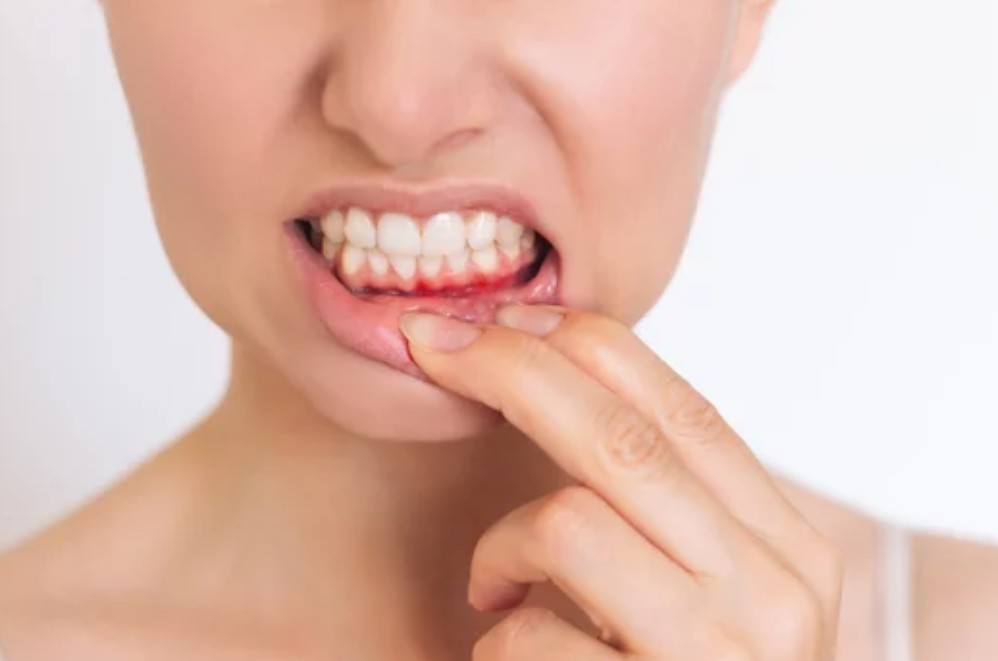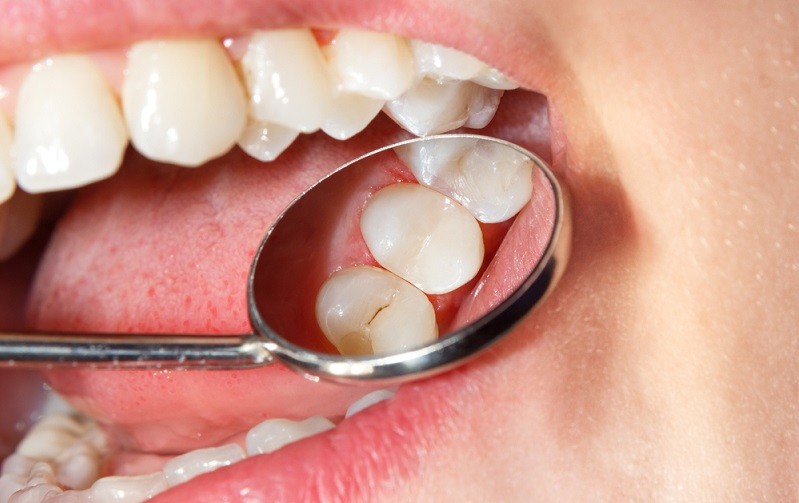When it comes to oral health, there’s a lot of misinformation floating around. With the abundance of dental myths, many people unknowingly compromise their oral hygiene by following outdated or inaccurate advice. In this article, we will debunk some of the most common dental myths, helping you maintain a healthier, brighter smile.
1. Myth: Brushing Harder Cleans Better
One of the most widespread myths about dental care is that brushing harder equates to cleaner teeth. While it might seem logical, the truth is that brushing too hard can actually do more harm than good.
Fact: Gentle Brushing is More Effective
Brushing with too much force can damage your gums and enamel, leading to tooth sensitivity and receding gums. Instead, use a soft-bristled toothbrush and gentle, circular motions to effectively clean your teeth without causing harm.
2. Myth: If My Gums Bleed, I Should Stop Brushing
Many people believe that if their gums are bleeding, they should avoid brushing the area until it heals. However, this is far from the truth and can lead to bigger problems down the line.
Fact: Bleeding Gums Are Often a Sign of Gum Disease
Bleeding gums may be a sign of gum disease or gingivitis. If your gums bleed, it’s important to continue brushing gently and flossing regularly. You should also visit your Edina dentist to rule out or treat any potential gum issues before they worsen.
3. Myth: Sugar Is the Main Cause of Cavities
This myth has been around for decades, making many believe that simply avoiding sugar is enough to prevent cavities. While sugar plays a role, it’s not the sole culprit.
Fact: Cavities Are Caused by Bacteria, Not Just Sugar
Cavities are caused by the bacteria in your mouth that feed on sugars and carbohydrates, producing acid that erodes tooth enamel. While sugar does fuel this process, any carbohydrate can lead to cavities. Regular brushing, flossing, and avoiding snacking between meals can help prevent decay.
4. Myth: You Don’t Need to Worry About Baby Teeth
Some parents mistakenly believe that since baby teeth are temporary, they don’t need to be overly concerned about cavities or dental hygiene.
Fact: Healthy Baby Teeth Are Crucial for Future Oral Health
Baby teeth serve as placeholders for permanent teeth, and early tooth decay can cause long-term issues. If cavities form and are left untreated in baby teeth, they can lead to infections and affect the growth of adult teeth. Teaching children good oral hygiene habits from an early age sets the foundation for a lifetime of healthy teeth.
5. Myth: Mouthwash Can Replace Brushing
It’s easy to assume that using mouthwash will give you a clean mouth and fresh breath, eliminating the need to brush. However, this couldn’t be further from the truth.
Fact: Mouthwash Is a Supplement, Not a Replacement
While mouthwash can freshen your breath and reduce bacteria, it doesn’t remove food particles, plaque, or tartar buildup. Brushing and flossing are the primary ways to keep your teeth clean. Use mouthwash as a supplementary tool, not a replacement for brushing and flossing.
6. Myth: White Teeth Are Healthy Teeth
Many people equate having white teeth with being in good dental health. However, the color of your teeth isn’t always an accurate indicator of their health.
Fact: White Teeth Aren’t Always Synonymous with Healthy Teeth
Teeth naturally vary in color, and some individuals may have darker teeth that are perfectly healthy. On the other hand, teeth that are unnaturally white may have underlying issues such as enamel damage, sensitivity, or gum disease. It’s more important to focus on maintaining healthy gums and enamel than striving for unnaturally white teeth.
7. Myth: Flossing Isn’t Necessary if You Brush Regularly
Some believe that brushing alone is enough to maintain good oral hygiene, and that flossing is an optional step. However, this is a myth that can lead to dental problems in the long run.
Fact: Flossing Is Essential for Complete Oral Care
Flossing removes plaque and food particles from between your teeth and along the gumline—areas that your toothbrush can’t reach. Without flossing, you’re missing about 35% of your teeth’s surfaces. Regular flossing is essential to prevent gum disease, cavities, and bad breath.
8. Myth: Dental Visits Are Only Necessary When You Have a Problem
It’s common for people to believe they only need to see the dentist if they’re experiencing pain or visible issues, such as a cavity or chipped tooth.
Fact: Regular Dental Checkups Are Key to Preventing Problems
Many dental issues, like gum disease or cavities, can develop without any immediate symptoms. By visiting your dentist regularly for cleanings and exams, you can catch potential problems early before they turn into more serious and costly issues.
9. Myth: Whitening Products Weaken Teeth
There’s a belief that teeth whitening products, especially those used at home, can damage your enamel and make your teeth more sensitive.
Fact: Whitening Products Are Safe When Used Correctly
Teeth whitening products, when used as directed, are safe and effective. However, overuse or misuse can lead to sensitivity or enamel damage. It’s always a good idea to consult your dentist before using any whitening products to ensure you’re using them safely.
10. Myth: You Shouldn’t Brush After Eating
Some believe that brushing your teeth immediately after eating can harm your enamel, especially if you’ve consumed acidic foods.
Fact: Wait 30 Minutes Before Brushing After a Meal
While it’s important to brush after eating, it’s best to wait about 30 minutes, especially if you’ve consumed acidic foods like citrus or soda. The acid temporarily softens your enamel, and brushing immediately afterward can wear it away. Rinse with water and brush after half an hour to protect your teeth.
Final Thoughts
Oral health is vital for overall well-being, and separating fact from fiction is essential for maintaining a healthy smile. By debunking these common dental myths, you can take better care of your teeth and gums. Remember to brush and floss daily, visit your dentist regularly, and rely on scientifically backed dental advice to keep your oral health in top shape




